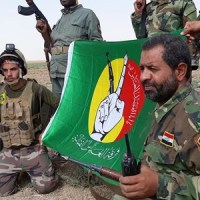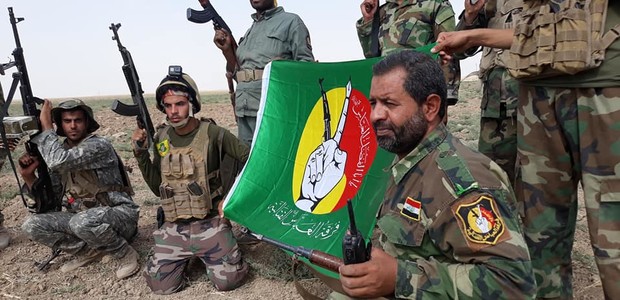During the war against ISIS, dozens of militias were formed across Iraq to help drive out the terror group. But now that the war is over, what are those soldiers to do?
Now the Iraqi government wants to restructure the militias and integrate them members into the Iraqi military or help them return to civilian life.
But fighters from the al-Abbas Combat Brigade have decided there’s more than one way to be a hero. It’s not enough to vanquish the bad guys; someone has to stick around to make sure that people are safe, to help them rebuild their community in the wake of violence.
Because the end of war and the absence of violence are not same thing as peace. Peace is wholeness. It’s the well-being of everyone involved.
![]()
When ISIS first started taking over large swaths of Iraq, political and religious leaders around the country called on people to join the fight and push them out. Doctors, teachers, farmers, and entrepreneurs left their jobs to join militias and protect their country from terror of ISIS.
Many of these militias are highly controversial—some have been accused of horrific violence and human rights abuses while others are highly sectarian or have loyalties to controversial figures. But these militias also played a key role in the battle against ISIS, and many of them endured heavy casualties as a result.
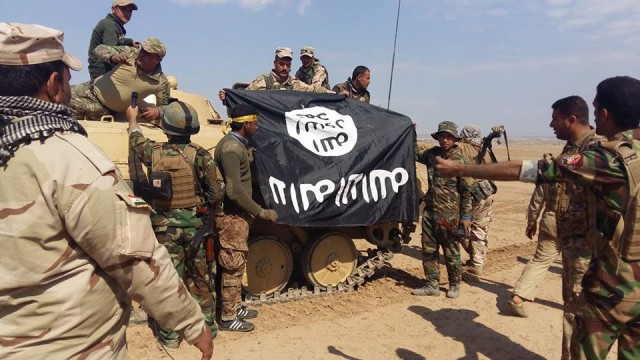
Now that ISIS has been officially “defeated,” these militias have to figure out what to do next. Do they send their fighters home? Provide security at checkpoints? Get involved in the political process?
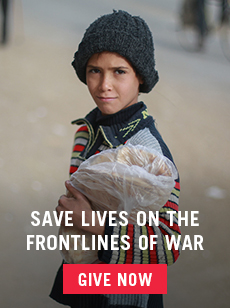
The Abbas brigade is not immune to accusations of misconduct and sectarian behavior. Yet as a whole, they are less controversial and more well-liked than many other militias—in part because of how they’re spending their time now that the war is officially over. They are the only militias that has ordered all 7,000 of its members to focus their time and attention on providing civil services.
All across Iraq, members of this militia are sweeping minefields to clear unexploded ordinances, rebuilding schools and universities, offering tutoring for students, and collaborating with the Red Cross to provide free first aid courses for local families.
They are putting their diverse skills and knowledge to good use by tailoring their social work to the needs of the community—needs they are uniquely positioned to respond to.
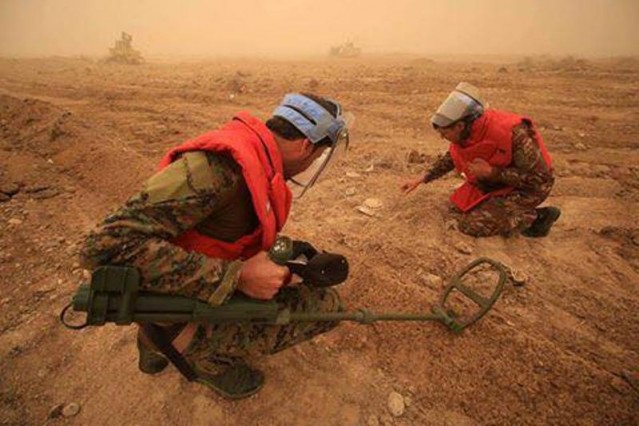
This militia’s unique focus on social work reflects the personal convictions of the group’s leader, who maintains that religion and militias should be kept out of politics. He argues that people should focus on doing good work in their own communities instead.
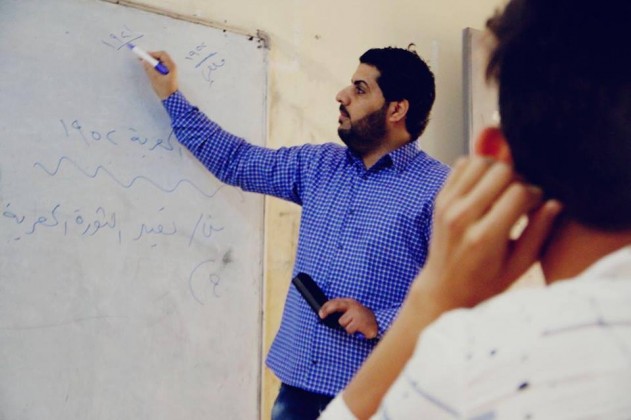
It’s a reminder that soldiers can continue to fight for peace once the battle is done. Because no soldier goes to war hoping it will lead to more war. They’re fighting for peace. What the al-Abbas Brigade has chosen to do in the aftermath of war shows us that soldiers can fulfill their desire for peace not only by picking up a gun, but also by putting it down.
It reminds me of the scripture that says: “They will hammer their swords into plowshares and their spears into pruning hooks. Nation will no longer fight against nation, nor train for war anymore” (Isaiah 2:4).
May we learn from these militias that there is a time to put down our weapons and start fighting for peace by doing good work in our own communities.
Peacemaker Fridays are published weekly to share stories of people unmaking violence around the world. Be inspired. Take Action.

